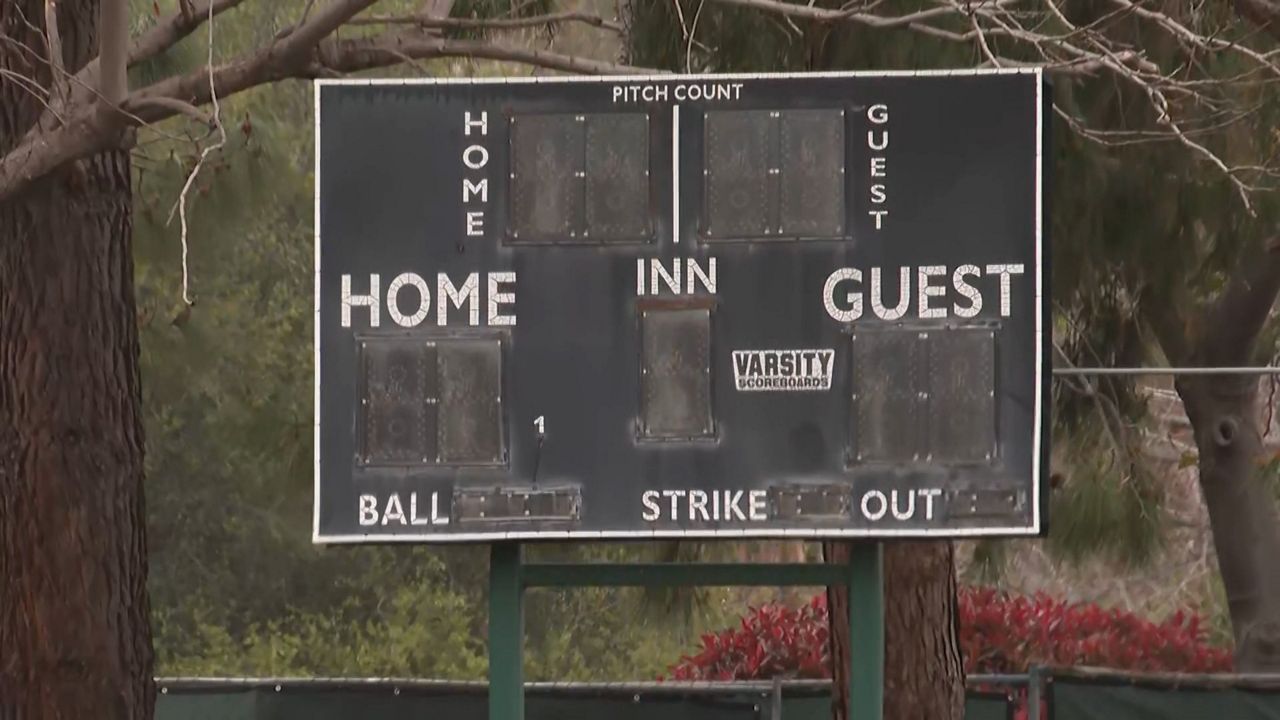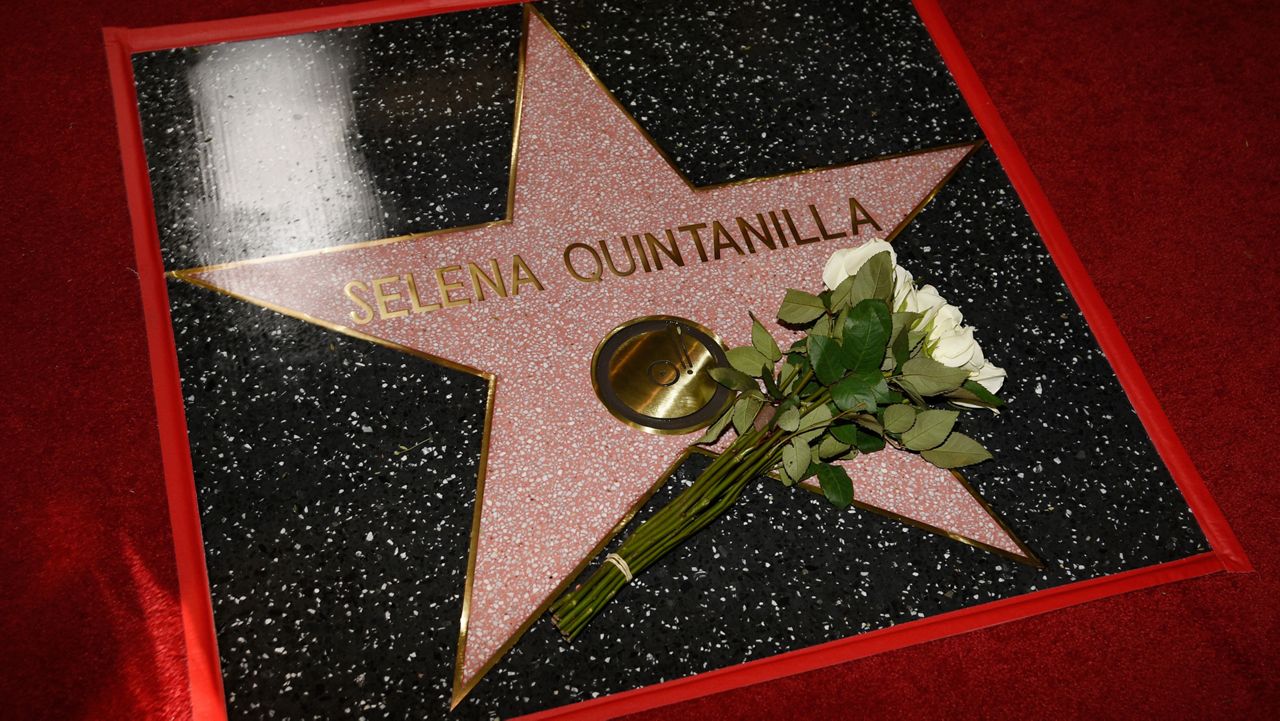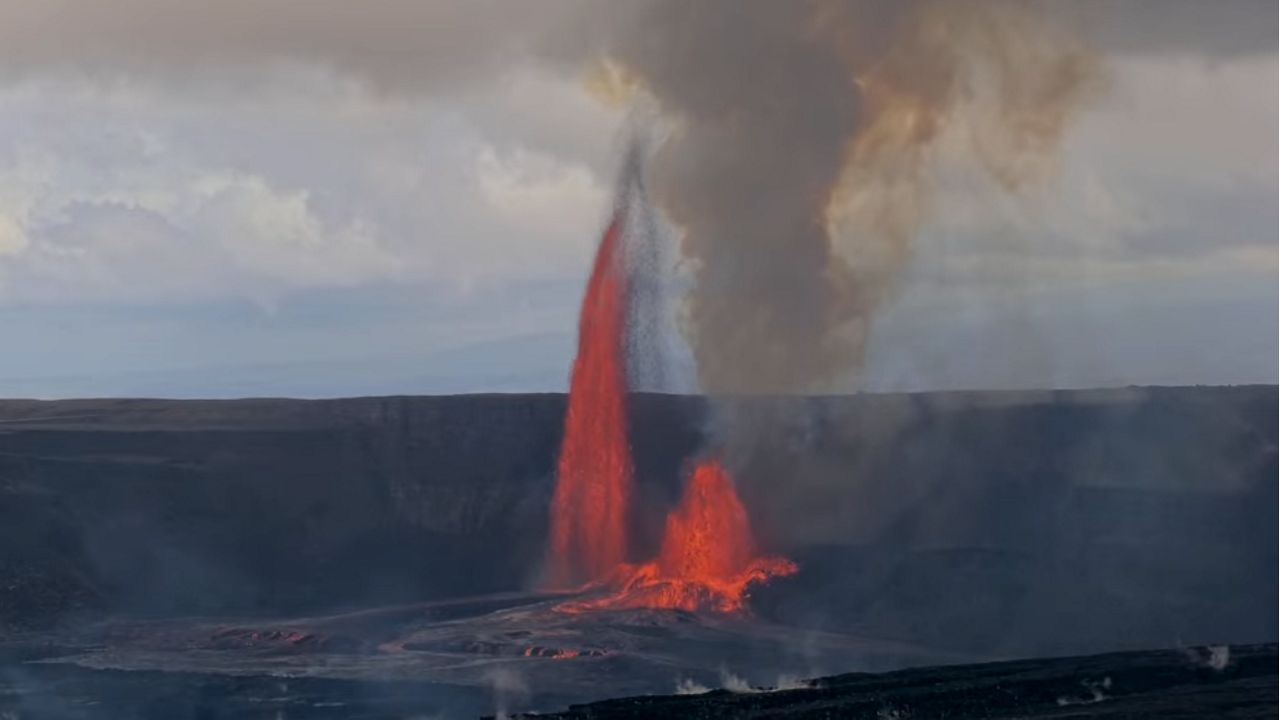LOS ANGELES — With her vision board and hope of a future Emmy in hand, Sonia Balcazar looks in the mirror and practices accepting the award. The small trophy was a gift from her sister- and brother-in-law.
“I already have my speech, by the way,” Balcazar said. “I’ve visualized it in my head.”
Her latest project is a comedy called “The King of Downey” by Chicano Hollywood Productions.
Balcazar knew she wanted to be an actress after having to write and then recite a speech when she was in the sixth grade. But growing up, she said she never saw people who looked like her on screen.
“As a Latina/Chicana, for me, not seeing myself on screen gives you the false sense of not being worthy,” she said.
It’s one of the reasons why she’s now going behind the camera as well. She’s executive producing a short film, her passion project to create more roles for Latinos like herself. It’s something Diana Luna said is crucial if we want to see diversity in Hollywood.
Luna is the director of Tomorrow’s Filmmakers Today, an initiative that is part of the Hola Mexico Film Festival. The program helps bring together filmmakers so they collaborate and create projects.
“And what happens is they create a force, and within that force, they start to gain access into the industry,” Luna said.
Having Latinas behind the camera, she said, is key.
Selena Gomez made Emmy history this year for her executive producing role in “Only Murders in the Building.” Her nomination marks only the second time a Latina has been among the producing nominees for a comedy series in the 74-year Emmy history.
While Luna said it’s inspiring, she said it isn’t enough. She believes the key is creating connections within the industry.
“I think that’s the only way that it can happen, if people believe in you and support you and elevate you and that’s what we need to do as a community,” she said.
As for Balcazar, she also feels strongly that Latinos in Hollywood, both in front and behind the camera, need to work together to have more representation.
“It’s about feeling seen, it’s about watching us in our resilience,” Balcazar said.











